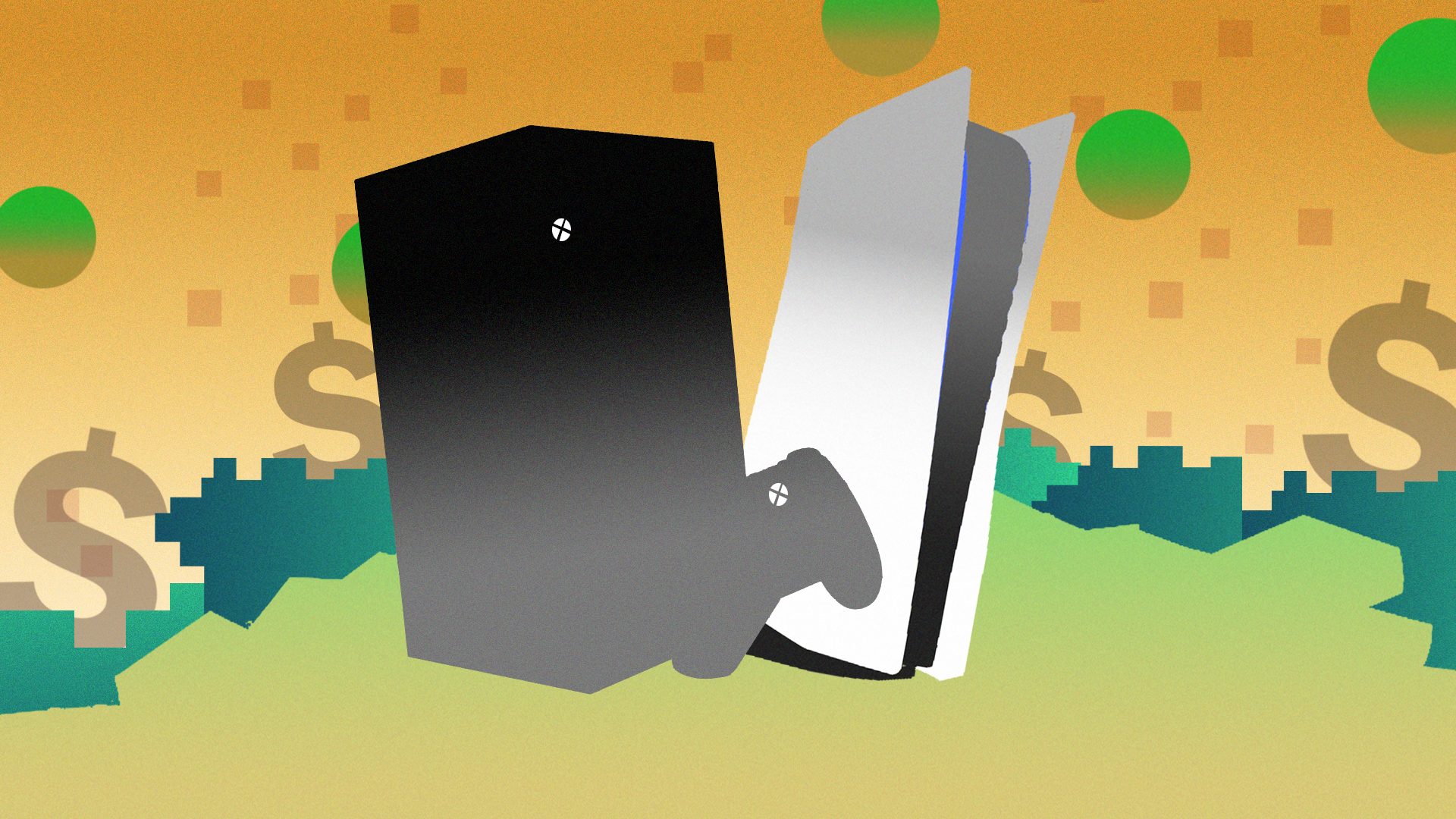2K announced last week that NBA 2K21 will cost $70 USD on next-gen, setting a precedent for other publishers to increase prices – but it should come with a reduction in microtransactions.
The regular pricing for video games could be seeing an increase as we move into the next generation of consoles, as 2K has announced it will be raising the price of NBA 2K21 by 10$ USD for PlayStation 5 and Xbox Series X when it drops later this year.
That may only seem like a very slight increase, especially as it’s just for one game, but it’s likely we’ll see other AAA publishers follow suit as we gear up towards the release of the next generation of consoles.
This change could have permanent effects on the way games are developed and distributed, and may also affect your personal finances. An increased standard price isn’t necessarily a bad thing and it’s understandable why it’s happening, but consumers should demand less microtransactions, loot boxes, and gambling mechanics. Consumer-friendly titles that don’t milk fans for money will still be just as important.




















